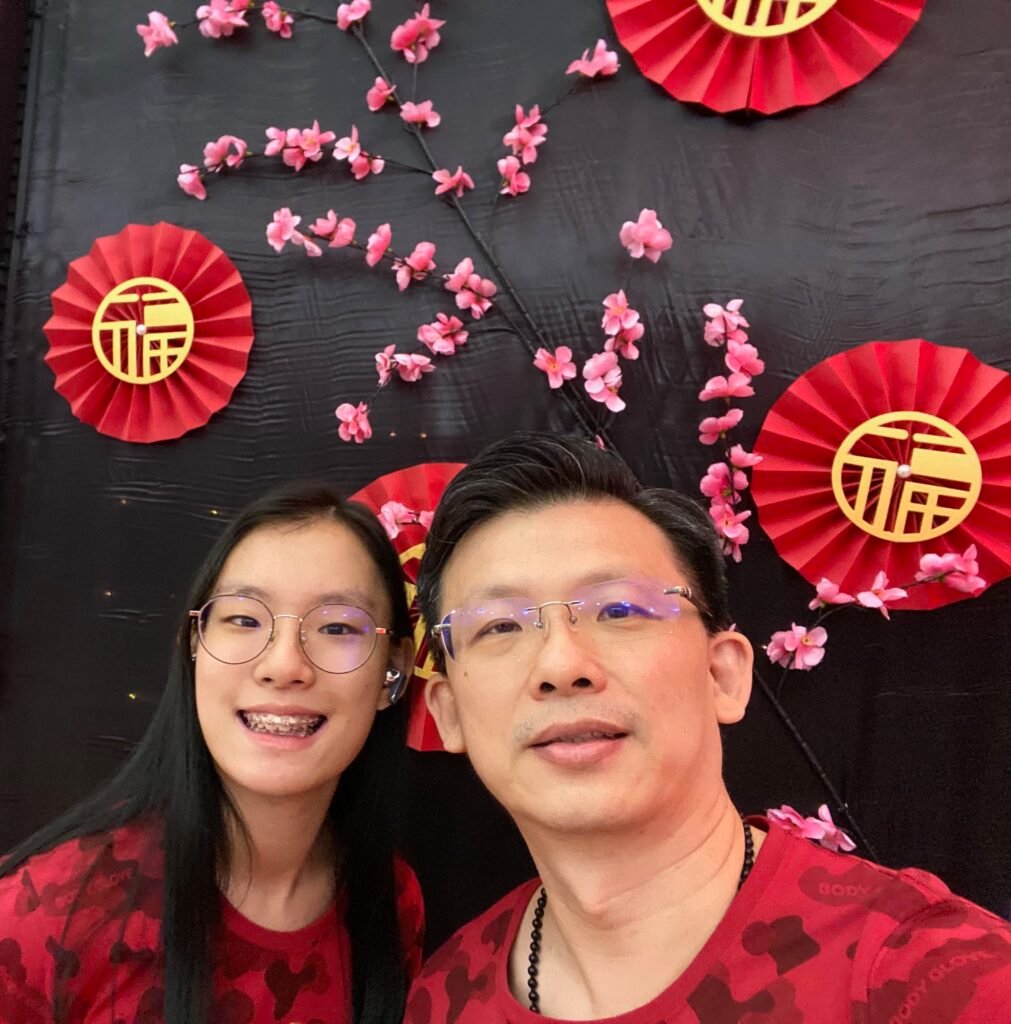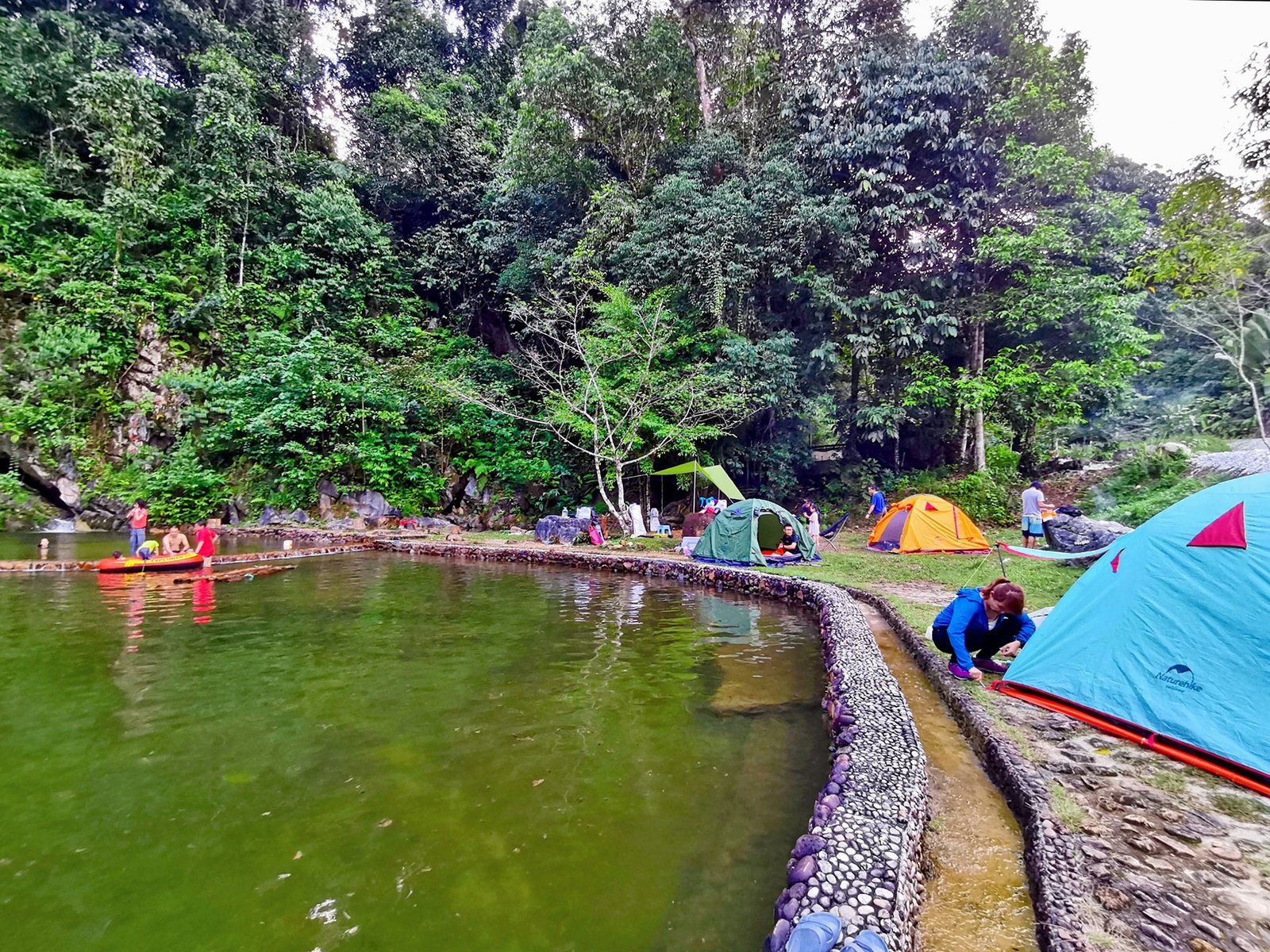
This blog is something close to my heart. The idea of setting it up and writing in it started after I had the opportunity to attend briefings by Sarawak government ministers and officers on the new economy of Sarawak, outlined in the Post COVID-19 Development Strategy 2030. It was part of a visit with the Chinese Chamber of Commerce’s delegation, and I found myself deeply intrigued by the direction Sarawak is heading. The more I listened, the more I realized that many Sarawakians—both those residing here and those overseas—aren’t fully updated, or worse, not even aware of these plans that are shaping Sarawak’s future.
That was when the urge to write grew. I started asking myself—what is in store for young people in Sarawak? What does the future look like for my own children? What kind of opportunities will be available for Sarawakians in the next decade? It made me wonder how many Sarawakians out there—especially those overseas—would start thinking about coming back home if they truly knew how much Sarawak is changing. Maybe for career and business opportunities, maybe to raise a family, or maybe just to retire more happily in a place we still call home.
My Vision:
Creating a Sarawak Blog which Sarawakians can proudly identified with.My Mission:
Writing Blog articles that resonate among Sarawakians in Sarawak and outside Sarawak.
Like many people, I took a lot of things in Sarawak for granted—until I left for overseas studies in 1989. My love for Sarawak grew stronger when I studied at the National University of Singapore (NUS) and realized how little people knew about my birthplace, Kuching, and about Sarawak as a whole. I remember decorating my hostel room with pua kumbu and baskets with native designs, just so I could showcase them to my foreign hostel mates. I even hung a map of Sarawak and Malaysia on my hostel room door, hoping that those who walked past would notice it and maybe start wondering where Sarawak is. Sometimes, I would wear a t-shirt or use a pencil holder with Sarawakian designs—small things, but to me, they were a way to keep my identity alive.
One thing I’ve always noticed—most Sarawakians are inherently proud of our birthplace, its beauty, its history, its culture. You see this every time a non-Sarawakian friend visits—we love giving them a town or city tour, making sure they get to experience our favorite spots, and of course, belanja-ing them our best local dishes. And if they ask silly questions like, “Do you guys still live on trees?” we always respond with, “Yes, we do! We have tree houses with escalators!”
This blog will also serve as my personal online outlet to think, write, and share my thoughts over time. I feel that it is time to seriously start this self-actualization project, making use of my training at the Faculty of Arts & Social Sciences in NUS. Some may not know this, but during my student years in the early 1990s, there were very few Malaysians studying in NUS’s Arts and Social Sciences faculty—even fewer Sarawakians. Most Malaysians were in engineering and science. In my field, we were trained to think independently, observe, analyze, and, hopefully, write well. I hope to put those skills to good use here, documenting my observations, analyses, and unique perspectives as Sarawak moves forward.
For overseas Sarawakians, I hope this blog sparks some nostalgia and maybe even gets you thinking about home. Sarawak today is not the same as the Sarawak we grew up in. With PCDS 2030, the state is undergoing rapid modernization—there are new industries, new career paths, and new opportunities that never existed before. More investments are coming in, and with that, more opportunities for entrepreneurs, professionals, and skilled workers. The state is actively building a future where Sarawakians—no matter where they are now—can find reasons to return.
The cost of living here is still much lower compared to places like KL, Singapore, or overseas cities. Imagine being able to have a good career, run a business, or retire comfortably while enjoying fresh air, shorter commutes, and being close to family. Many Sarawakians overseas are probably thinking, “Should I retire here or go back home?” Well, Sarawak is not just home—it is becoming a place where retirement can be happier, more peaceful, and more affordablethan in many other parts of the world.
I don’t know how far this blog will take me, but I hope to keep writing and sharing. Maybe some of you will find my writings relatable, nostalgic, or thought-provoking. Maybe it’ll get some of you thinking about whether Sarawak could be part of your future again. If it does, I hope you’ll read along, share it with others, and keep the conversation going.
Who knows? Maybe one day, we’ll find ourselves back home, sitting by the river, sipping teh C peng, and realizing that Sarawak has always been where we truly belong.
Lee Khee Chuan is a qualified and passionate guy in promoting the integrated approach to estate planning. A trainer, practitioner and lecturer in the financial & estate planning industry since 1995.

Family Camping Site